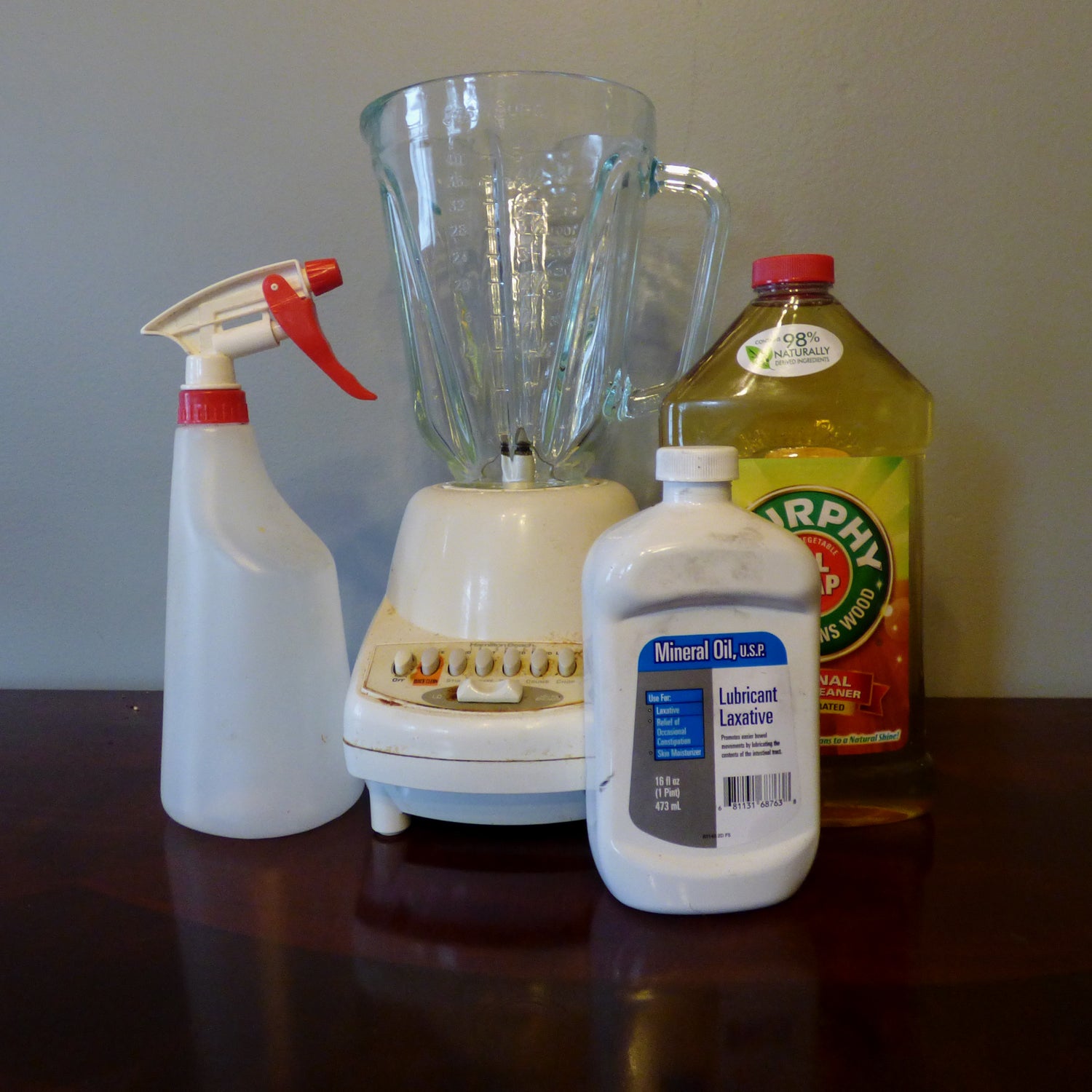White Oil Recipe: How To Make White Oil For An Insecticide


As an organic gardener, you may know the difficulty of finding a good organic insecticide. You may ask yourself, "How do I make my own insecticide?" Making white oil to use as an insecticide is easy and inexpensive. Let's take a look at how to make white oil and why it works as an insecticide.
How to Make White Oil
So you're likely asking, "How do I make my own insecticide?" It's actually quite simple. While there are a number of homemade insecticide recipes to choose from, this popular white oil recipe for do-it-yourselfers seems to be one of the easiest:
- 1 cup (250 ml.) vegetable or white mineral oil
- 1/4 cup (60 ml.) dish soap (without bleach) or Murphy's oil soap
Mix the above ingredients in a jar, shaking well (should turn white color upon mixing). Note: This is your concentrate and needs to be diluted prior to use -- using about 1 tablespoon (15 ml.) per 4 cups (about 1 L.) of water. You can store the white oil concentrate for about three months in a sealed container or jar. Once diluted, you can use a spray bottle for easy application. Apply to affected plants liberally, especially on the backside of plant leaves as this is where many pests tend to hide or lay eggs.
Why Does White Oil Work?
White oil works by coating soft body insects, like aphids and mites, in oil. The soap helps the oil stick to the insect while the water loosens the mixture enough to be sprayed on easily. When combined, these two ingredients work to suffocate the insects. Regular applications may be necessary to help protect your plants from pests. Now that you know how to make white oil, you can use this organic insecticide to keep your garden free of pests.
BEFORE USING ANY HOMEMADE MIX: It should be noted that anytime you use a home mix, you should always test it out on a small portion of the plant first to make sure it will not harm the plant. Also, avoid using any bleach-based soaps or detergents on plants since this can be harmful to them. In addition, it is important that a home mixture never be applied to any plant on a hot or brightly sunny day, as this will quickly lead to burning of the plant and its ultimate demise.
Sign up for the Gardening Know How newsletter today and receive a free copy of our e-book "How to Grow Delicious Tomatoes".

Heather Rhoades founded Gardening Know How in 2007. She holds degrees from Cleveland State University and Northern Kentucky University. She is an avid gardener with a passion for community, and is a recipient of the Master Gardeners of Ohio Lifetime Achievement Award.